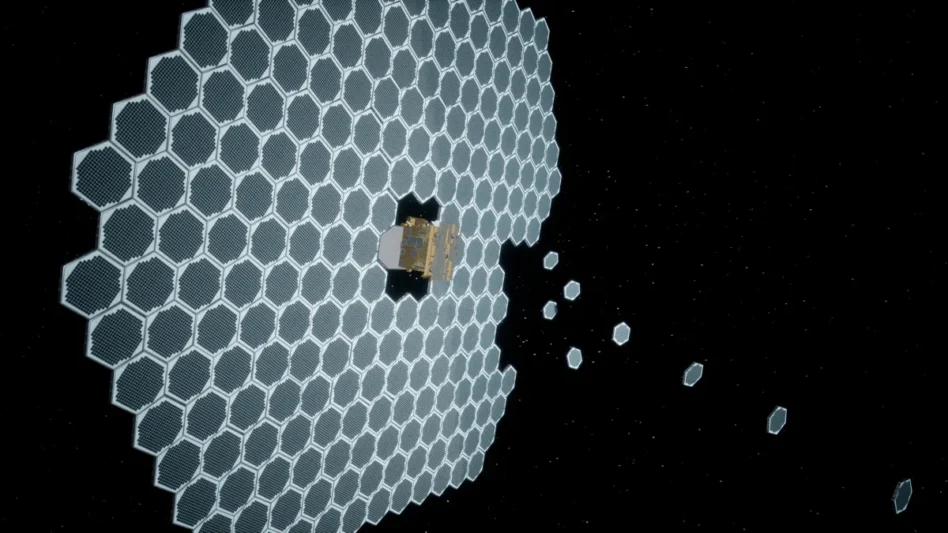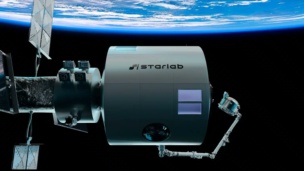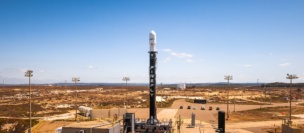Rendezvous Robotics emerged from stealth yesterday, announcing its plan to send self-assembling tiles to the ISS next year.
Alongside its debut in the space industry, the Golden, CO-based startup also announced it had already flown two demos of its tech to orbit.
The money: The company said it had raised a $3M pre-seed round—led by Aurelia Foundry and 8090 Industries—that also included participation from ATX Venture Partners, Mana Ventures, and other angel investors. That funding will allow the company to advance its tech from demos to large-scale infrastructure projects in space.
The personalities: The company is cofounded by three industry veterans:
- Ariel Ekblaw, founder of the Aurelia Institute who invented TESSERAE self-assembling space architecture while at MIT. (TESSARAE stands for Tessellated Electromagnetic Space Structures for the Exploration of Reconfigurable, Adaptive Environments, if you’re looking to brainstorm future band names.)
- Phil Frank, a long-time tech executive who has worked in sectors ranging from AI to connectivity.
- Joe Landon, the former head of the Lockheed-backed company, Crescent Space.
The mission: Building infrastructure in space today is largely constrained by what will fit in a rocket fairing. Rendezvous Robotics is seeking to remove that limitation.
The flat-packed modular tiles are designed to self-assemble in orbit, without the help of astronauts or robotic arms. They use electromagnetic formation flight, or a system of electromagnetics and wheels to move the tiles into position. The tech allows infrastructure to be scaled, fixed, and reconfigured, according to a press release.
“This is the technology that will enable antennas larger than football fields, reconfigurable systems for defense, orbital solar farms, and even data centers in space,” Landon said in a statement.
What’s next: The company’s fifth-generation tech is expected to fly on the ISS early next year, marking its third demo in orbit.




